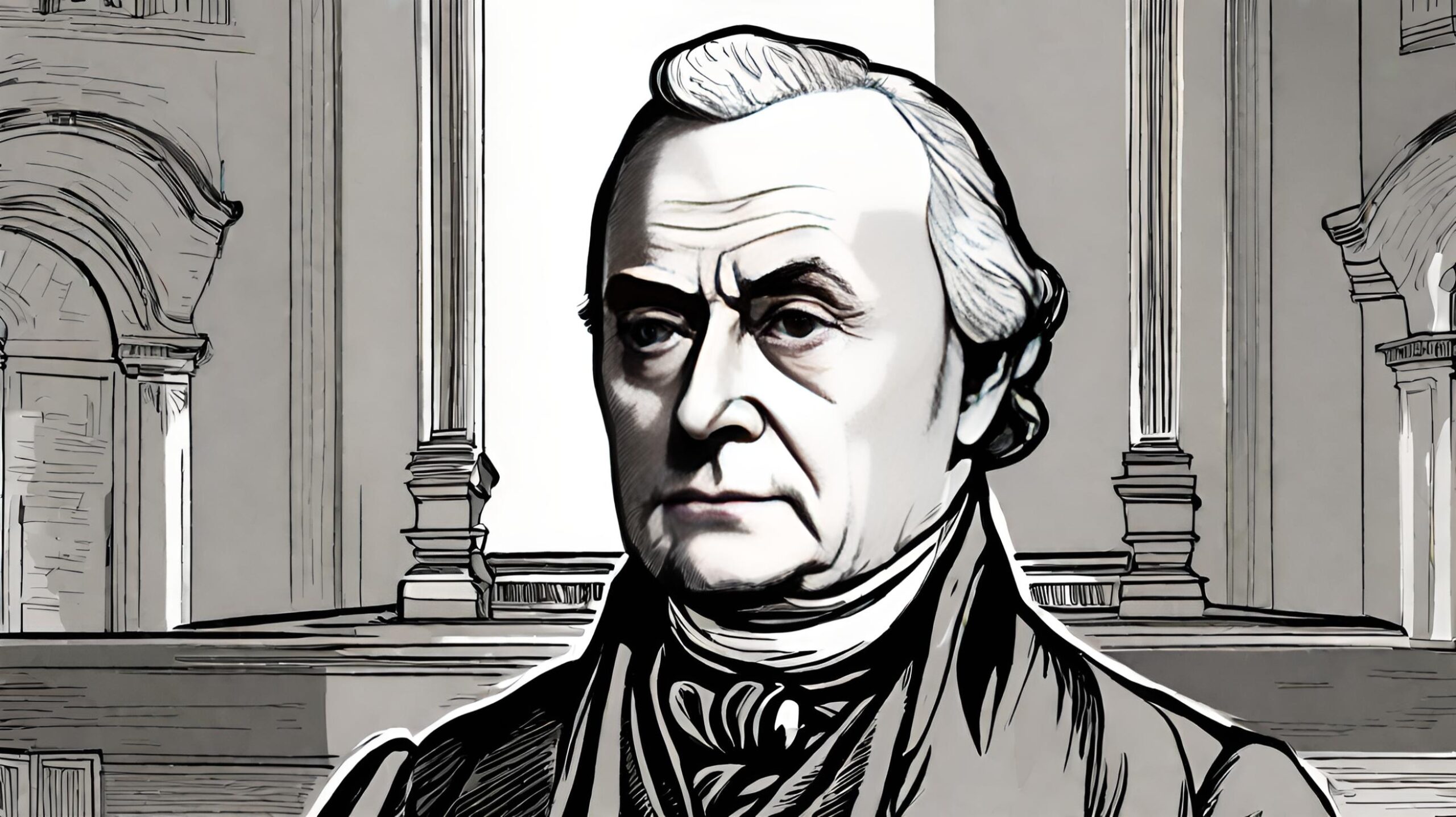Flashback to February 23
American History

The Battle of Chancellorsville, which ended on May 4, 1863, marked a significant turning point in the American Civil War. This historic event saw the Confederacy triumph over the Union, as the beaten Union army was forced to withdraw from Chancellorsville, Virginia. The battle, remembered as one of Robert E. Lee’s greatest victories, had a profound impact on the course of the war.
The Battle of Chancellorsville took place from April 30 to May 6, 1863. General Joseph Hooker, leading the Union Army of the Potomac, had launched an offensive against General Lee’s Confederate Army of Northern Virginia in an attempt to seize control of Fredericksburg, Virginia. However, Lee devised a daring plan to split his forces and attack Hooker’s flanks, resulting in a devastating blow to the Union army.
On May 2, Lee’s army launched a massive assault on the Union forces at Chancellorsville. Despite being outnumbered, Lee’s audacious tactics and the skill of his commanders, including Stonewall Jackson, allowed the Confederates to gain the upper hand. The Union troops, caught off guard by the boldness of the Confederate attack, struggled to mount a cohesive defense.
One of the most significant moments of the battle came on the night of May 2, when Stonewall Jackson executed a surprise flank attack on the Union right. This maneuver sent shockwaves through the Union ranks, resulting in confusion and chaos. However, in a tragic turn of events, Jackson was accidentally shot by his own men while scouting ahead. His loss would be deeply felt by both the Confederacy and the Union.
Despite the setback of losing Jackson, the Confederates continued to press their advantage. By May 4, the Union army found itself in a precarious position. Hooker, realizing that his forces were heavily outnumbered and outmaneuvered, made the difficult decision to withdraw from Chancellorsville and retreat across the Rappahannock River.
The Battle of Chancellorsville was undoubtedly a triumph for the Confederacy, but it came at a high cost. The Confederate army suffered heavy casualties, including the loss of Stonewall Jackson, one of their most revered generals. Nevertheless, the victory boosted Confederate morale and showcased Lee’s military prowess.
For the Union, the defeat at Chancellorsville was a bitter blow. Despite having superior numbers and a well-equipped army, they were outmaneuvered and outwitted by Lee and his commanders. This loss not only undermined Union confidence but also raised questions about the leadership of General Hooker.
The Battle of Chancellorsville had far-reaching implications for the American Civil War. Lee’s victory emboldened the Confederacy, leading them to believe that victory was within their grasp. It also allowed Lee to divert Union attention away from Richmond, paving the way for his subsequent invasion of Pennsylvania and the famous Battle of Gettysburg.
the Battle of Chancellorsville was a decisive moment in the American Civil War. With their victory, the Confederacy dealt a significant blow to the Union, forcing them to withdraw from Chancellorsville. This battle showcased the genius of General Robert E. Lee and the tactical brilliance of his commanders, despite the loss of Stonewall Jackson. The outcome of this battle had a profound impact on the course of the war and set the stage for the dramatic events that would follow in the months to come.
We strive for accuracy. If you see something that doesn't look right, click here to contact us!
Sponsored Content

John Quincy Adams, 6th…
On 2/23/1848, John Quincy…

Alabama becomes first US…
On February 23, 1883,…

